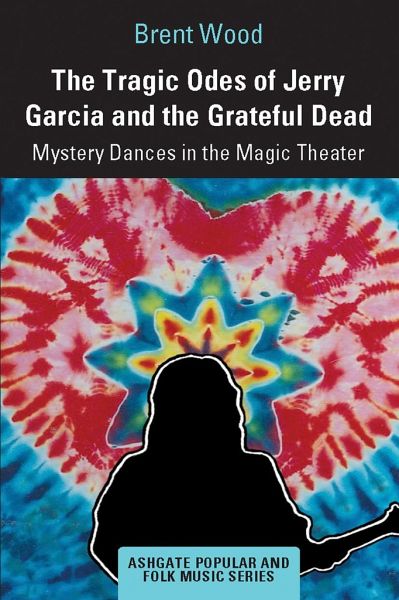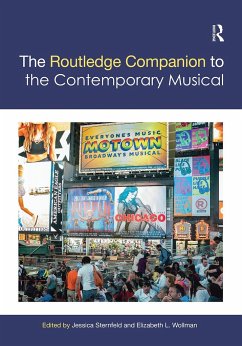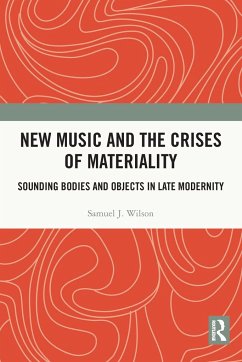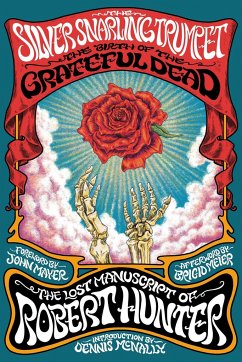
The Tragic Odes of Jerry Garcia and The Grateful Dead
Mystery Dances in the Magic Theater
Versandkostenfrei!
Versandfertig in 6-10 Tagen
46,99 €
inkl. MwSt.
Weitere Ausgaben:

PAYBACK Punkte
23 °P sammeln!
The Tragic Odes of Jerry Garcia and the Grateful Dead is a multifaceted study of tragedy in the group's live performances showing how Garcia brought about catharsis through dance by leading songs of grief, mortality, and ironic fate in a collective theatrical context.This musical, literary, and historical analysis of thirty-five songs with tragic dimensions performed by Garcia in concert with the Grateful Dead illustrates the syncretic approach and acute editorial ear he applied in adapting songs of Robert Hunter, Bob Dylan, and folk tradition. Tragically ironic situations in which Garcia foun...
The Tragic Odes of Jerry Garcia and the Grateful Dead is a multifaceted study of tragedy in the group's live performances showing how Garcia brought about catharsis through dance by leading songs of grief, mortality, and ironic fate in a collective theatrical context.
This musical, literary, and historical analysis of thirty-five songs with tragic dimensions performed by Garcia in concert with the Grateful Dead illustrates the syncretic approach and acute editorial ear he applied in adapting songs of Robert Hunter, Bob Dylan, and folk tradition. Tragically ironic situations in which Garcia found himself when performing these songs are revealed, including those related to his opiate addiction and final decline. This book examines Garcia's musical craftsmanship and the Grateful Dead's collective art in terms of the mystery-rites of ancient Greece, Friedrich Nietzsche's Dionysus, 20th century American music rooted in New Orleans, Hermann Hesse's Magic Theater, and the Greek Theatre at Berkeley, offering a clear prospect on an often misunderstood phenomenon.
Featuring interdisciplinary analysis, close attention to musical and poetic strategies, and historical and critical contexts, this book will be of interest to scholars and researchers of Popular Music, Musicology, Cultural Studies, and American Studies, as well as to the Grateful Dead's avid listeners.
This musical, literary, and historical analysis of thirty-five songs with tragic dimensions performed by Garcia in concert with the Grateful Dead illustrates the syncretic approach and acute editorial ear he applied in adapting songs of Robert Hunter, Bob Dylan, and folk tradition. Tragically ironic situations in which Garcia found himself when performing these songs are revealed, including those related to his opiate addiction and final decline. This book examines Garcia's musical craftsmanship and the Grateful Dead's collective art in terms of the mystery-rites of ancient Greece, Friedrich Nietzsche's Dionysus, 20th century American music rooted in New Orleans, Hermann Hesse's Magic Theater, and the Greek Theatre at Berkeley, offering a clear prospect on an often misunderstood phenomenon.
Featuring interdisciplinary analysis, close attention to musical and poetic strategies, and historical and critical contexts, this book will be of interest to scholars and researchers of Popular Music, Musicology, Cultural Studies, and American Studies, as well as to the Grateful Dead's avid listeners.














